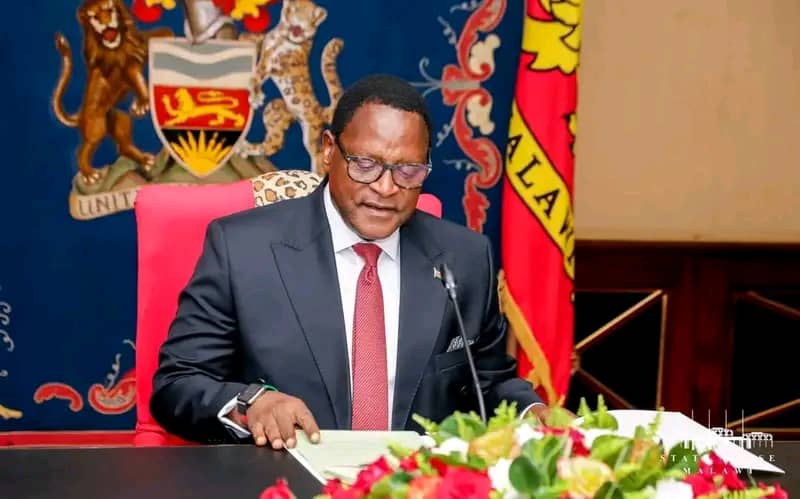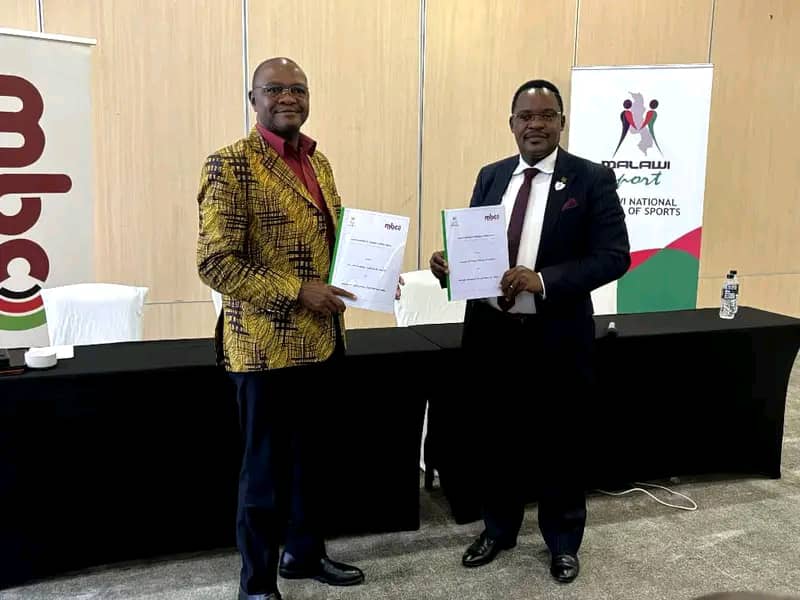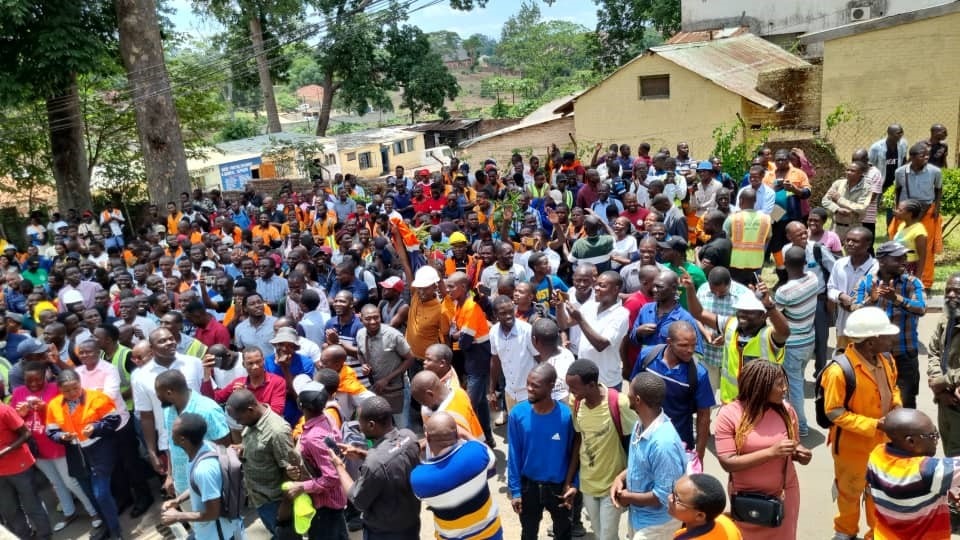By Twink Jones Gadama
Malawi’s President Lazarus Chakwera has made a shocking revelation, claiming that he was coerced into running for re-election by influential figures within the Malawi Congress Party (MCP), including Richard Chimwendo Banda and Catherine Gotani Hara. According to Chakwera, these MCP stalwarts publicly urged him to contest in the forthcoming elections, despite his initial reluctance.
Chakwera’s revelation has sent shockwaves throughout the country, raising questions about the extent of MCP’s influence over his presidency and the implications for Malawi’s democracy. The President’s admission has also sparked a national conversation about the role of political parties in the presidency and the need for greater transparency.
At the heart of this drama lies a complex web of politics, alliances, and rivalries. Chakwera’s presidency has been marked by controversy, with critics accusing him of being too close to the MCP. The party’s influence over his administration has been a subject of concern, with many wondering whether Chakwera is truly in control.
The role of Richard Chimwendo Banda and Catherine Gotani Hara in Chakwera’s presidency is particularly intriguing. Banda, a prominent MCP figure who is also the party’s Secretary General, has been a vocal supporter of Chakwera’s candidacy. Hara, on the other hand, has been accused of using her position in Parliament to advance MCP’s interests rather than serving the people.
Chakwera’s revelation has also raised questions about the independence of the presidency and the potential for MCP to dictate policy and decisions. Malawians will be watching closely to see how this drama unfolds and what it means for their country’s future.
As the electoral season heats up, Malawians are demanding transparency and accountability from their leaders. Chakwera’s revelation has sparked a national conversation about the need for greater transparency in politics and the role of political parties in the presidency.
In a statement,chakwera’s close family member said, “The President’s decision to reveal the MCP’s influence over his candidacy is a testament to his commitment to transparency and accountability.” However, critics argue that this revelation raises more questions than answers and that Malawians deserve a fuller explanation.
The incident has also sparked memories of recent incidents where similar events were interpreted as bad omens. In some African cultures, the influence of external forces on a leader’s decision-making is believed to signal a loss of power or authority.
As the country prepares for the forthcoming elections, one thing is clear: the drama surrounding Chakwera’s presidency has only just begun. Malawians will be watching closely to see how this saga unfolds and what it means for their country’s future.
In the meantime, the MCP has remained tight-lipped about Chakwera’s revelation, fueling speculation about the party’s true intentions. As the electoral season heats up, one thing is certain: the battle for Malawi’s presidency will be fiercely contested.
Chakwera’s revelation has also raised questions about the role of other political parties in the forthcoming elections. Will they be able to capitalize on the controversy surrounding Chakwera’s presidency, or will the MCP’s influence prove too great to overcome?
As the country waits with bated breath for the outcome of the elections, one thing is clear: the future of Malawi’s democracy hangs in the balance. Will Chakwera emerge victorious, or will a new leader take the reins?




